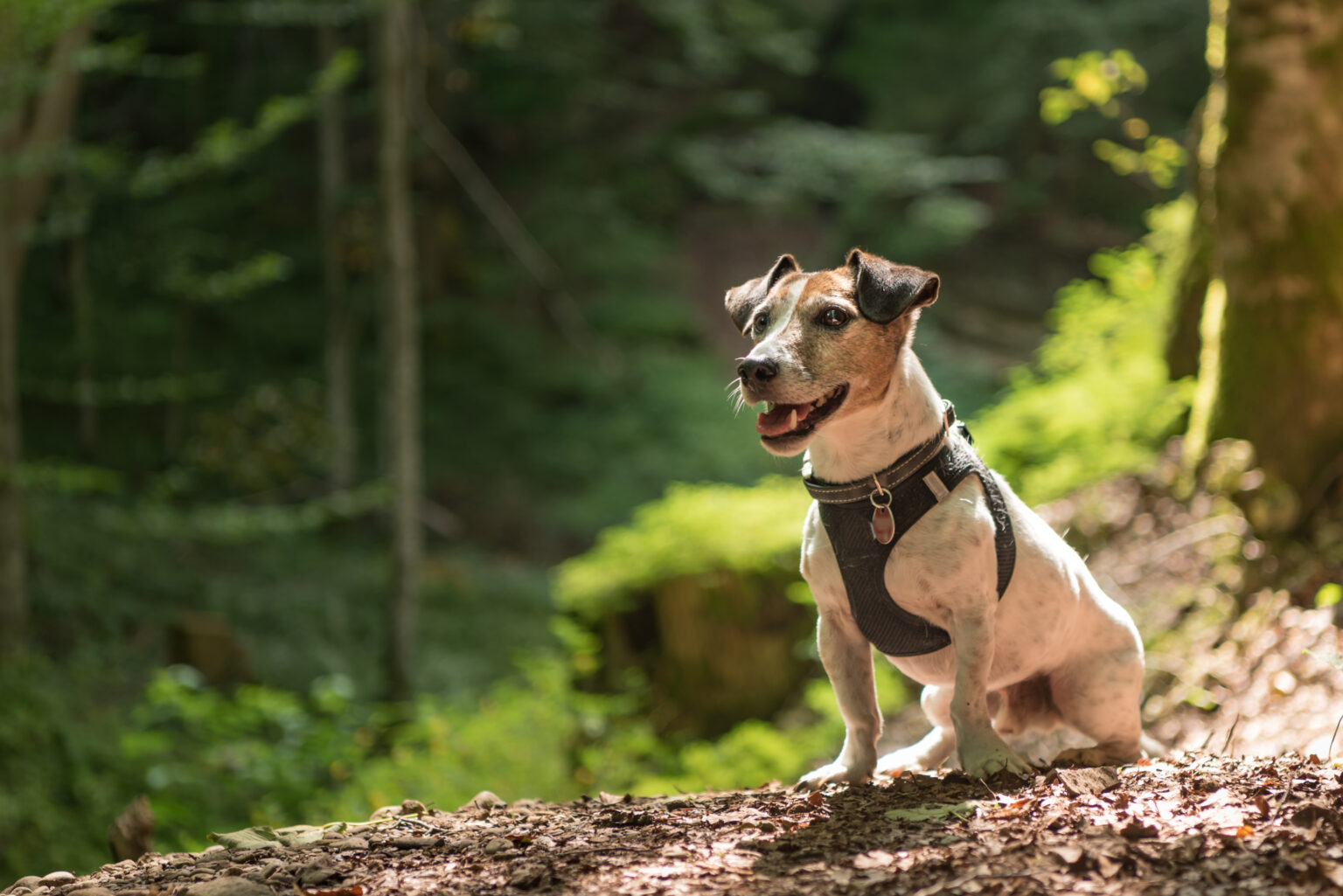Leptospirosis in Pets: What It Is and How to Prevent It

Leptospirosis (often called “lepto”) is a serious bacterial disease that affects both pets and people. It’s more common in warm, wet climates like Georgia — especially during the spring and summer months when rainfall increases and wildlife is more active.
Originally not included as a core vaccine for all dogs, this disease is becoming more common in all dogs, not just those who frequent the outdoors. Below, we’ll break down what leptospirosis is, how pets become infected, symptoms to watch for, and most importantly — how you can help prevent it.
What Is Leptospirosis?
Leptospirosis is caused by Leptospira bacteria, which are found in water or soil contaminated by the urine of infected animals — especially rodents, raccoons, skunks, and deer.
Dogs are most commonly affected, but lepto can infect many species, including:
- Cats (rare but possible)
- Livestock
- Wildlife
- Humans
This makes lepto a zoonotic disease — meaning it can spread between animals and people.
How Pets Get Infected
Your pet can contract leptospirosis by:
- Drinking or swimming in contaminated water (puddles, streams, lakes)
- Contact with urine or feces of infected animals
- Exposure to wet or muddy environments
- Biting or eating infected rodents
Even urban pets are at risk, especially those who spend time outdoors or visit parks and wooded areas.
Symptoms of Leptospirosis in Dogs
Leptospirosis can range from mild to life-threatening. Common signs include:
- Fever
- Vomiting or diarrhea
- Muscle tenderness or reluctance to move
- Lethargy
- Increased thirst or urination
- Jaundice (yellowing of skin or eyes)
- Kidney or liver failure in severe cases
Cats often show few to no symptoms, but infection is still possible.
Diagnosing and Treating Leptospirosis
Leptospirosis is diagnosed with blood and urine tests. If caught early, it can often be treated with antibiotics and supportive care like IV fluids. However, severe cases may require hospitalization and intensive treatment.
Because of the risks to people, infected pets must be handled carefully to avoid exposure.
How to Prevent Leptospirosis
Vaccination
The leptospirosis vaccine is highly effective and safe. It protects against the most common strains and is recommended for all dogs in Georgia — especially those who:
- Go outside frequently
- Visit dog parks or hiking trails
- Live in rural or wooded areas
- Are around livestock or wildlife
The vaccine is given as part of your dog’s routine annual care and may require a booster.
Environmental Tips
- Keep your yard free of standing water
- Store pet food securely to avoid attracting rodents
- Avoid allowing your dog to drink from puddles or stagnant water
- Practice good hygiene when cleaning up after your pet
Is Your Dog Vaccinated Against Leptospirosis?
Leptospirosis can cause serious illness in pets and humans — but it’s preventable with simple steps like vaccination and awareness. Don’t wait for symptoms to appear; proactive prevention is the best protection. Countryside Animal Hospital includes the Leptospirosis vaccine in our core care recommendations for dogs. Let’s keep your pet (and your family) safe. Book an Appointment or Call Us Today!
Recent Posts
About Us
Get expert pet care tips, health insights, and heartwarming stories from the Countryside Animal Hospital blog. We love helping pets live happier, healthier lives!
